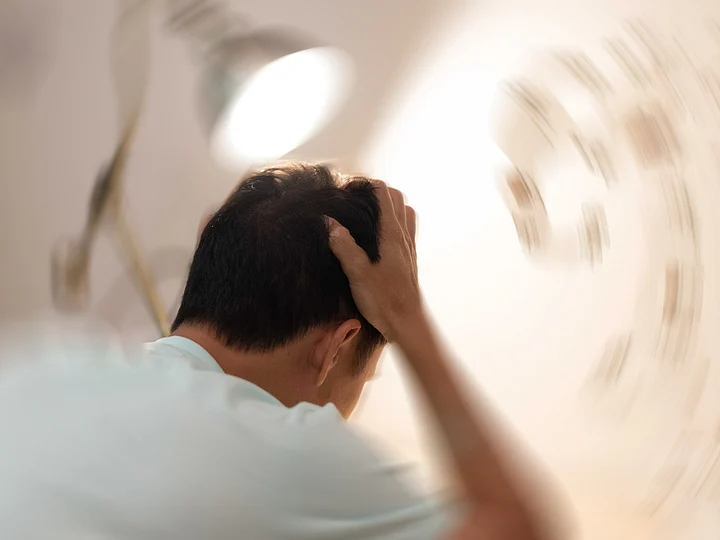Vertigo has been described as a false feeling of spinning. The patient feels as if he or the surroundings around him are spinning. It might be a similar experience to dizziness and lightheadedness. But you should know, they are completely different.
According to the doctors of Cleveland Clinic, around 40% of the Americans suffer from vertigo and do not realise the underlying cause. The cause could be anything from side effects of medicines to underlying medical conditions.
Since the condition is so similar to dizziness, people often use the two terms interchangeably and have other wrong information as well. In this article, we will be busting the myths and misconceptions related to vertigo.
Vertigo is Same as Diziness
According to the doctors of Mayo Clinic, vertigo and dizziness have been used interchangeably for years but they are not the same conditions. Dizziness is not a symptom of vertigo. These two conditions can be similar, but are not the same.
Dizziness is the feeling of lightheadedness, fogginess and unsteadiness whereas vertigo is a condition characterised by overall spinning sensation.
Vertigo is Always Related to Problems in Inner Ear
According to the UK NHS, vertigo can be caused due to various reasons and underlying medical conditions.
Sometimes, it is due to the inflammation in the inner ear but other times it may be due to a head injury, ear surgery, migraine, BPPV, Menier's disease, labyrinthitis, Syphilis, brain disease, etc.
Vertigo is the Fear of Heights
Some people refer their fear of height as vertigo but it is a wrong term to be used. According to Pubmed Central, vertigo can be one of many symptoms of acrophobia (fear of heights) but they are not the same.
Vertigo attacks can occur to anyone, at any place and at any time. Though the heights can make a person feel more unsteady.
Vertigo Subsides on its Own
According to Healthline, few cases of vertigo may become better on their own but the treatment for the condition depends on the underlying causes and types of vertigo.
The triggers for vertigo attacks may include: stress, dehydration, inadequate rest, etc. But even after taking care of the triggers you do not feel the difference, you can visit the doctor.
Antihistamines Are Great for Vertigo Patients
According to the doctors of Mayo Clinic, antihistamines are given to patients to manage their vertigo related symptoms like nausea, vomiting, dizziness, etc. They can make you feel better for the time being but are not good for the long run.
These medicines work by blocking the brain signals but are not a great option for patients with recurring and frequent vertigo attacks. The medicines makes you feel drowsy, meaning makes you sleep until the episode is over. It basically covers the symptoms instead of treating them.
(At The Quint, we question everything. Play an active role in shaping our journalism by becoming a member today.)
